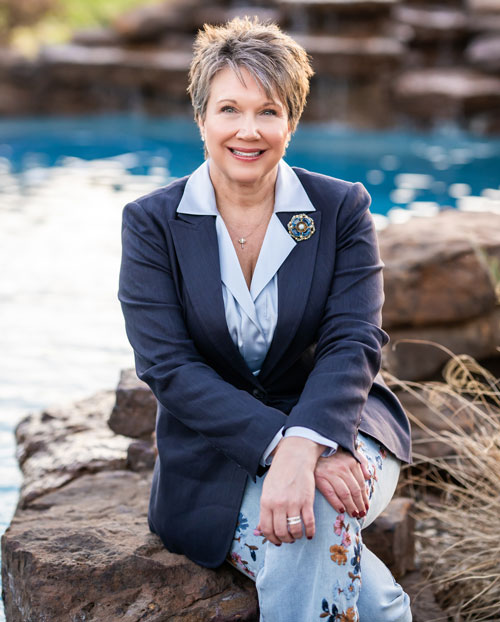Did you know that there are more than 11 million landlords in the United States alone? As a landlord, it is your responsibility to determine how much you should charge for security deposits. But what is a security deposit exactly and how should you know if you're charging too much or too little?
Keep reading and learn more about how much to charge a security deposit.
Check if There Is a Security Deposit Cap in Your State
There are some states that have a security deposit cap while others do not. If you are unsure about your state, you should do some research and check if there is a cap or not. A security deposit cap prevents a landlord from overcharging for security deposits.
About half of the states in the country allow landlords to list a security deposit without a cap. The other half of the country requires you to come up with a security deposit that stays under a certain limit. If you are managing several properties in several different states, this can be difficult to keep track of, but it is nonetheless important to think about.
For example, Florida, Texas, Tennesse, Utah, Vermont, and several other states allow you to set whatever security deposit you want. Usually, the cap is as much as the first month of rent which is also considered the standard amount for a security deposit. In some cases, a security deposit cap may be as much as two months' rent in some states.
There may be exceptions to this cap in certain states such as if the tenant has a waterbed or if the apartment is funished or unfurnished. Whatever the case, it is important to keep track of how much you are allowed to charge for a security deposit if there happens to be a cap in your state.
Charge According to High-risk or Low-risk Renters
The purpose of a security deposit is to secure your property against reckless renters. In most cases, charging one month's worth of rent for a security deposit is enough.
However, you might have to make some changes if you are renting to high-risk renters.
If you find that you are renting to tenants who are often unemployed or have murky backgrounds, it may be in your best interest to charge the maximum security deposit as is allowed in your state. After all, security deposits can be collected by the tenants at a later time as long as they don't damage your property, so a higher security deposit shouldn't be a problem.
On the other hand, if you're dealing with low-risk renters, you can get away with charging below average for the security deposit.
What You Need to Know About Setting Security Deposits
Security deposits and rent are obviously very important. You should avoid overcharging or undercharging too much and you should always check if there is a security deposit in your state. If not, the security deposit should match the first month of rent.
However, with high-risk tenants, you may want to charge a bit more. To learn more about managing properties, contact us here.



